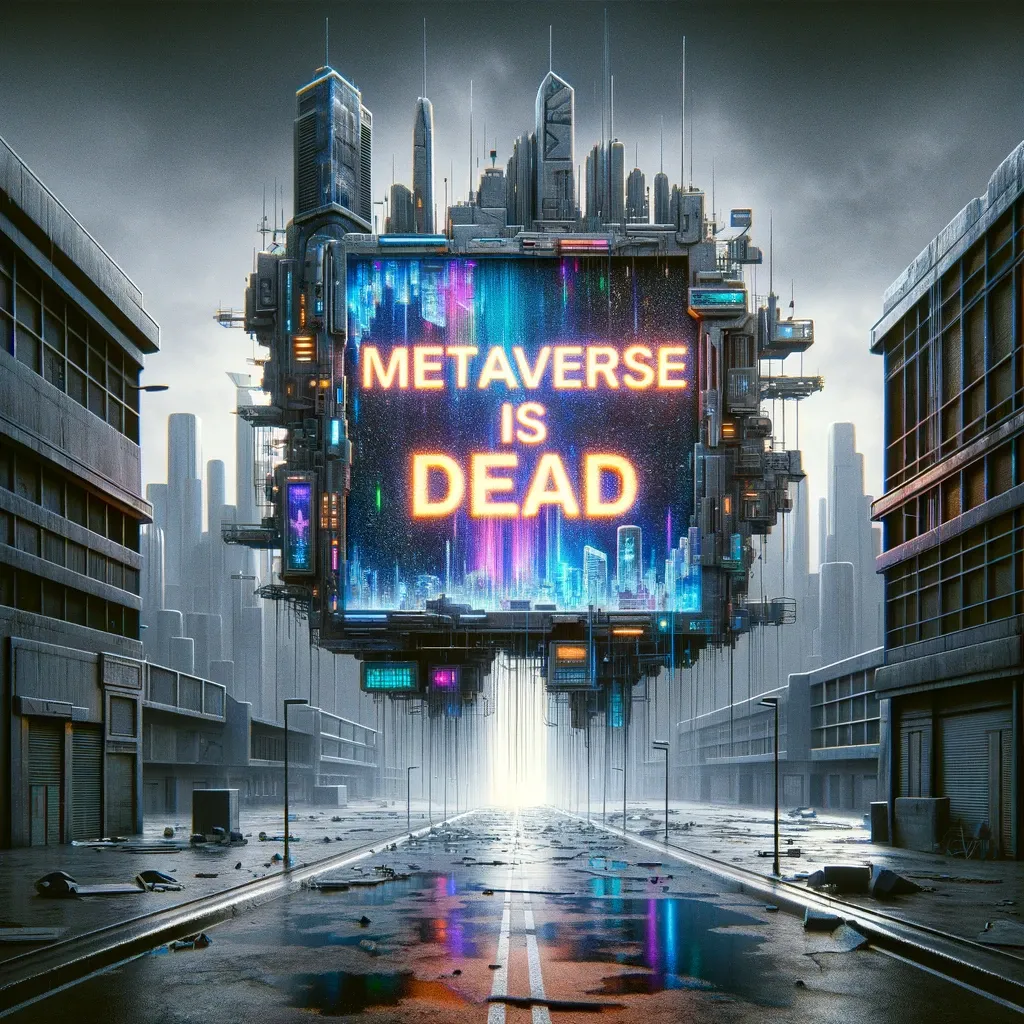The Metaverse is Dead

🌈 Abstract
The article discusses the decline of the Metaverse trend and the growing prominence of AI technology.
🙋 Q&A
[01] The Metaverse is Dead
1. What are the key reasons for the decline of the Metaverse trend?
- The Metaverse trend has declined due to practical issues, while AI continues to grow in significant areas such as enterprise software, demonstrating its broader utility and long-term viability.
- The author believes that peak Metaverse has passed, as evidenced by the decline in Google Trends after the initial hype following Facebook's rebranding to Meta in October 2021.
- The Metaverse and NFTs are compared to the Swiss Alps, with a massive run-up followed by a sharp drop-off, indicating they may be fads rather than sustainable technologies.
2. What are the author's views on the future of the Metaverse?
- The author acknowledges that Metaverse projects will continue to exist, as the Metaverse is defined as an interconnected online realm integrating virtual and augmented realities.
- However, the author believes that the Metaverse as it was "sold" to the public is dead, as people are unlikely to wear VR headsets all day to interact with colleagues, and the author is disappointed with the VR headsets they own.
[02] The Rise of AI
1. How does the author view the growth of AI compared to the Metaverse and NFTs?
- The author notes that while AI is also experiencing a hype cycle, it has shown steady growth over the years, unlike the sharp peaks and declines of the Metaverse and NFTs.
- The author has been able to build useful tools with AI, which they could not do with the Metaverse or NFTs, indicating AI's broader utility and long-term viability.
- The author acknowledges that companies are hyping AI and misbranding products as AI, but the involvement of enterprises and governments in AI regulation is seen as a positive signal.
2. What are the author's reasons for being enthusiastic about AI?
- The author states that AI enables developers to build, ship, and run applications more quickly, and allows the masses to create solutions, answer questions, or automate tasks, enabling them to help build communities and products.
- The author notes that AI has existed since the 1950s, and its current form of GPTs and LLMs has been around since 2018, indicating its maturity compared to newer trends like the Metaverse.
Shared by Daniel Chen ·
© 2024 NewMotor Inc.